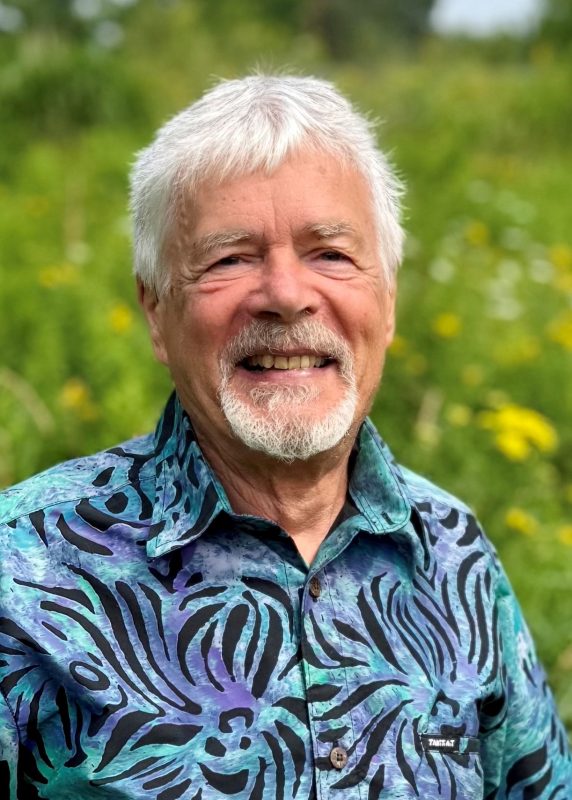The problem with climate change. No obvious need for urgency.
By Peter Sale | Published August 16, 2025

It has been said that people evolved behaviour that gets them out of the way of a sabre-tooth cat. But a slowly expanding desert or rising sea – not so much! It’s also said that if you put a frog in a bowl of water, and then put it on the stove, the frog will slowly boil to death, whereas a frog put into hot water will quickly jump out. I’ve never done the frog experiment and sabre-tooth cats are in our far distant past, but these stories highlight an important problem for us and perhaps also frogs. We don’t deal well with slow catastrophes.
Although our climate is now changing very quickly compared to any time in all of geological history, from a human perspective it seems to be changing quite slowly. The +1.5oC Paris target literally means an increase of just 1.5 degrees in average temperature since the 1800s – scarcely noticeable. What is there to worry about?
Well, a lot, really, because that change in average temperature of the planet represents an enormous increase in heat. That increase leads to a much more energetic atmosphere, stronger winds, more evaporation, more resultant rainfall, and much bigger storms. Further, because that is an average increase, there will be places that will be extremely warm during heat waves. Although we are only just beginning to brush up against that +1.5oC target, we now live in a time when each summer will bring heat waves that are lethal to thousands of humans in some places every year. Lethal, as in killing us. Fortunately, Muskoka is not one of those places yet.
Here in Muskoka, it remains possible to believe we can go about our lives as if climate change is not a serious problem. Many people do. The next flood may be bigger than the last one, the next drought somewhat more severe. There may even be a serious wildfire. Many otherwise rational people can dismiss these as “one-offs”. But when hundred-year floods, droughts, or wildfires happen every few years we need to understand that something really important has changed. We are in a different world to the one we occupied 30 or 40 years ago, a world that is changing rapidly in many ways because the global climate is changing. Our species has no experience of life in so rapidly changing a world.
The changes that are coming to Muskoka’s environment are not going to make this place unlivable in the near term, but they are going to increase societal risk – risk of damage to infrastructure, of falling property values, of worsened health, and of loss of life. The changes will also affect our environment in ways that reduce its value for us – a less nice place to live, work and play. More importantly, the changes coming are dramatically altering the way our environment functions to produce the goods and services on which our lives depend – services like oxygen to breathe and clean water to drink. We need to act now to adapt to the changes that are coming, and to reduce the severity of those changes to the extent we can. We need to do this in Muskoka. In recommending integrated watershed management for this region, Muskoka Watershed Council is addressing the need to respond to climate change as well as to other slow changes such as the growth of our local population. Yes, these changes are coming slowly, but if we do not start to act now, we will find ourselves in a situation where adaptation will be more difficult, much more expensive, and perhaps no longer possible. With global climate changing faster than it has ever done in all 300,000 years of human history, we need to act with the speed we’d display if a sabre-tooth cat was running down that cottage road.

This article is No. 10 in Muskoka Watershed Council’s current series, Living Smarter in Muskoka. Author of the article and editor of the series is Peter Sale, marine ecologist, retired academic, Muskoka resident for the past 19 years, and director and former chair of MWC.
First published on muskokaregion.com
